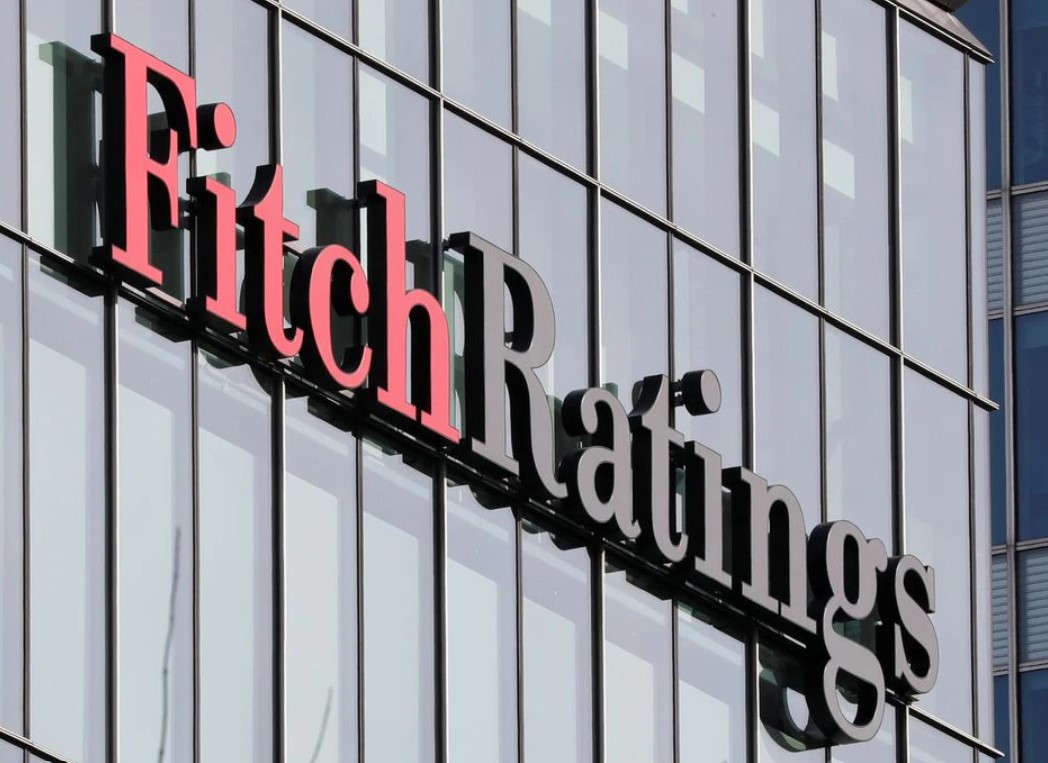Fitch Ratings on Monday released a new report stating that the stable quality of Cypriot banks’ assets in the second half of 2023 will be supported by positive prospects for the Cypriot economy, as well as improved control over Non-Performing Loans (NPLs) inflows.
At the same time, the American rating agency noted that the credit profiles of both Greek and Cypriot banks have improved over the past year due to reduced risk and restructuring efforts.
Fitch has previously conducted positive evaluations for all Greek and Cypriot banks in the last twelve months, reflecting stronger profitability and its outlook on the resilience of the Greek and Cypriot economies in 2023.
In addition, the agency emphasised that further positive evaluations “will depend significantly on the structural increase in profitability, which will lead to stronger capitalisation, along with continued improvement in asset quality”.
According to Fitch, the volume of Non-Performing Loans (NPLs) of Cypriot and Greek banks “have decreased significantly since 2020”.
Fitch also expects a further reduction in the total number of NPLs, given the recent disposal of a large NPL portfolio by Hellenic Bank, as well as additional NPL transactions by Alpha Bank and Piraeus Bank.
What is more, the report explained that some banks may benefit from stronger profitability, allowing them to write off more NPLs or increase NPL coverage.
Furthermore, the report stated that the asset quality of banks remains resilient, despite the increasing pressure on borrowers from high inflation and high interest rates.
“We expect NPLs in Greece to increase in the second half of 2023 as the economy slows down, but the upper limit on interest rates on performing domestic retail housing loans for a 12-month period, which has been in effect since May 2023, will temporarily alleviate the pressure on borrowers,” the agency stated in the report.
Moreover, Fitch noted that higher interest rates and cost-reducing initiatives will strengthen operational profitability relative to asset risk to more than 2 per cent for Greek banks and more than 3.5 per cent for Cypriot banks in 2023 and 2024, despite the prospect of higher interest rates on deposits and the migration of more customers to more costly time deposits.
Fitch concluded by saying that the liquidity of the banks in question has not been affected by market turmoil in the first quarter of 2023 and is not expected to be affected by the expiration of favourable financing facilities provided by the ECB, as there are ample cash reserves and investments in bonds.
It should be noted that Central Bank of Cyprus governor Constantinos Herodotou in June said that “the resilience of the Cypriot banking sector has significantly strengthened in recent years”, noting that the liquidity and capital adequacy of the local banking system are at satisfactory levels.
Specifically, the liquidity coverage ratio stood at 310 per cent as of December 2022, nearly double the corresponding average of the European Union, while the common equity tier 1 capital ratio reached 17.7 per cent.
“Despite the notable progress achieved, challenges persist,” Herodotou said, explaining that, therefore, it is important to create capital buffers that can absorb shocks from unforeseen developments at any given time.
Earlier this month, meanwhile, the president of the European Banking Authority (EBA) Jose Manuel Campa also noted that the liquidity and capitalisation of the Cypriot banking system are above the European Union average.
Campa also said at the time that Cypriot banks’ efforts of reducing NPLs are progressing well. He also noted that “European banks are currently adapting to the prevailing economic cycle with higher interest rates, while continuing to support the economy”.







Click here to change your cookie preferences